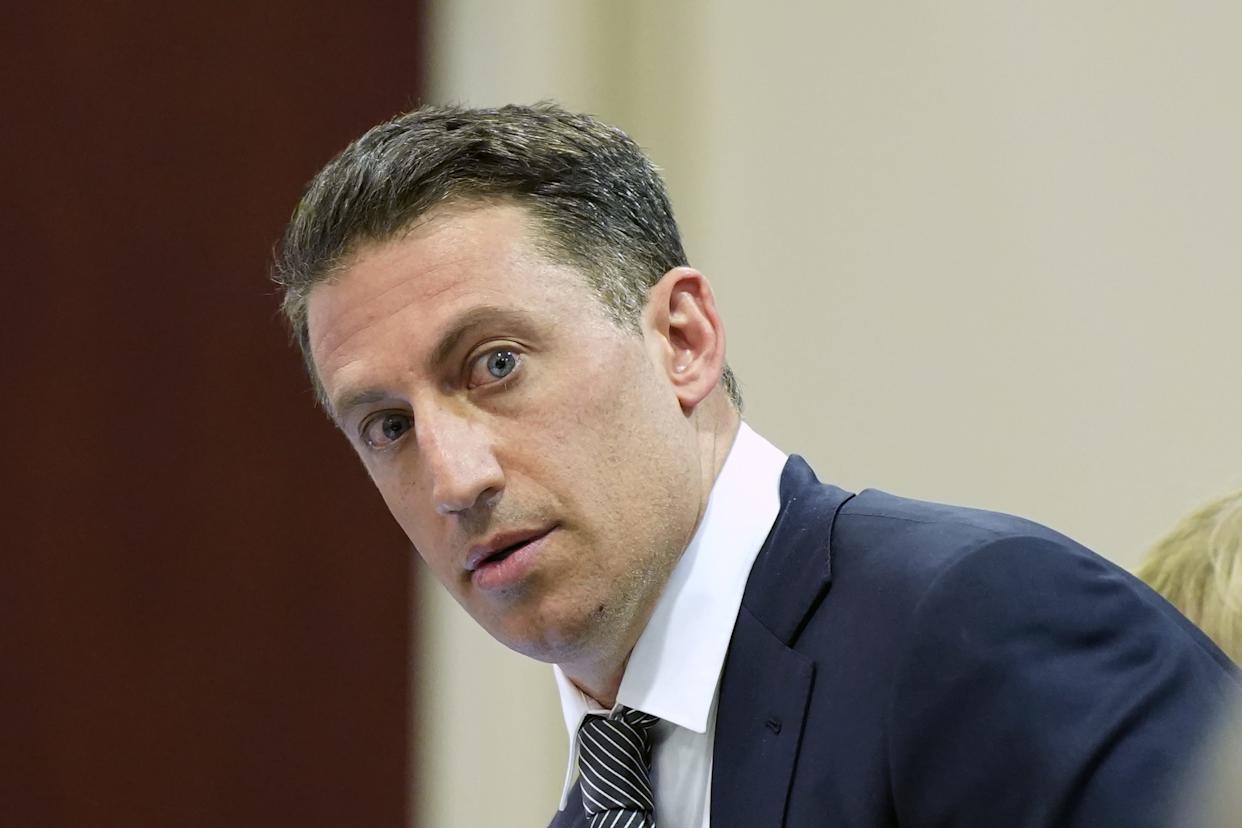Elon Musk's Department of Government Efficiency (Doge) continues to spark debate over its claimed cost savings aimed at reducing U.S. government expenditures, with allegations that the agency may have inflated its achievements. Set up to overhaul federal spending practices, Doge boasts of saving approximately $10 billion a week since its inception under President Trump's administration, totaling nearly $200 billion according to Musk's assertions.
However, a closer look by analysts reveals substantial gaps in the evidence supporting these bold claims. The agency has set an ambitious goal to save “at least $2 trillion” from the federal budget but has subsequently lowered this figure, targeting a savings of $150 billion from waste and fraud by the end of the 2026 fiscal year. The credibility of Doge's savings claims has come under scrutiny, with approximately 60% of its reported figures lacking detailed documentation.
On April 20, Doge publicized a total savings number of $160 billion, but an analysis showed that only a fraction of this amount was backed by verifiable evidence. In an effort to rectify transparency issues, Doge announced that it was working on updating its website to include receipts for around 30% of its claimed total savings.
BBC Verify investigated Doge's four largest reported savings, claiming they add up to $8.3 billion; however, upon examination, the cited documents do not convincingly substantiate those figures. The claims often rely on maximum amounts specified in contracts, which can be speculative projections rather than confirmed spending cuts. For instance, a significant saving of $2.9 billion from cancelling a contract for a migrant children's facility may have been based on inflated estimates rather than actual costs incurred.
Other savings supposedly attributed to cancelled contracts with the IRS and the Department of Defense also raise concerns, with industry experts indicating that contracting processes often suffer from inconsistent record-keeping, making accurate financial assessments challenging. Moreover, the proposed cancellation of a USAID grant to Gavi, a public health organization, was also found to lack verification.
While Doge's focus on combating waste may yield concrete fiscal results, the discrepancies surrounding its reported savings have left many unconvinced of the agency's effectiveness. The absence of clear documentation prompts a broader inquiry into governmental transparency and accountability in cost-cutting efforts. As questions linger, both the White House and Doge are yet to provide further clarification on these contentious financial claims.



















